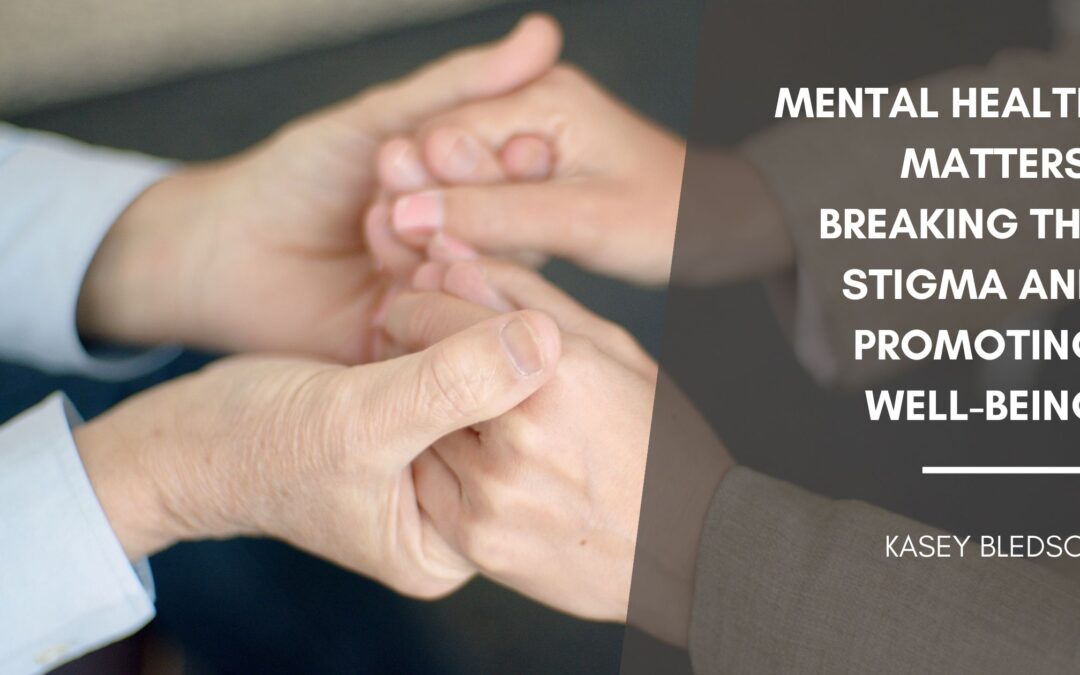Talking about mental health feels like walking on eggshells. Many people tiptoe, unsure when or how to speak up. This silence, however, fuels misunderstandings and keeps stigmas alive. You have the power to break this cycle. Discussing mental health openly not only educates but also normalizes seeking help. It encourages those suffering in silence to speak up and seek support, including mental health counseling. Ignoring these vital conversations can lead to needless suffering or missed opportunities for healing. Accepting that mental health is part of overall well-being is crucial. When you speak up, you challenge outdated beliefs and motivate change. You show others that mental health concerns are not a personal failing, but a part of the human experience. Sharing experiences, listening without judgment, and offering support can change lives. Understanding, compassion, and openness are the keys to breaking the stigma and fostering a healthier community.
The Importance of Open Conversations
Open conversations about mental health help reduce the fear and shame that often surround these issues. When you talk openly, you show others that they are not alone. It can be comforting for someone to know others are facing similar challenges. This connection can be the first step towards healing.
Benefits of Early Intervention
Addressing mental health issues early can prevent them from worsening. Early intervention often leads to better outcomes and reduces the risk of complications. When mental health topics are part of daily dialogue, you enable early recognition of symptoms and encourage timely support.
Data on Mental Health Stigma
| Statistic | Percentage |
|---|---|
| People who feel comfortable discussing mental health with friends | 35% |
| People who hide mental health issues from family | 40% |
| Reduction in stigma with community programs | 15% |
How to Start the Conversation
Starting a conversation about mental health might seem difficult. Begin by choosing a safe and private setting. Share your experiences or feelings. You can also ask open-ended questions to encourage dialogue. Be patient. Listening without interruption can show your support and empathy.
Resources for Support
Many resources exist to help those struggling with mental health issues. You can find local support groups, online forums, and professional counseling services. The National Institute of Mental Health provides information and resources for those seeking help. Access to these resources can be a lifeline for someone in need.
Creating a Supportive Environment
A supportive environment fosters openness and acceptance. Encourage positive conversations and challenge negative stereotypes. Celebrate small victories and show appreciation for those who share their stories. Educating yourself and others about mental health issues can change perceptions for the better.
The Role of Education
Education plays a critical role in breaking the stigma. Schools and workplaces can incorporate mental health education into their programs. Teaching coping skills, resilience, and awareness can empower individuals to handle mental health issues confidently. When education is part of the curriculum, it normalizes these discussions and prepares everyone to manage their mental health better.
Conclusion
Breaking the stigma around mental health requires everyone to take small steps towards openness and understanding. By talking openly, you help shift perceptions and create an environment where mental health is seen as a part of overall well-being. With compassion, support, and education, you can make a difference. Your actions today can lead to a more supportive community tomorrow.

